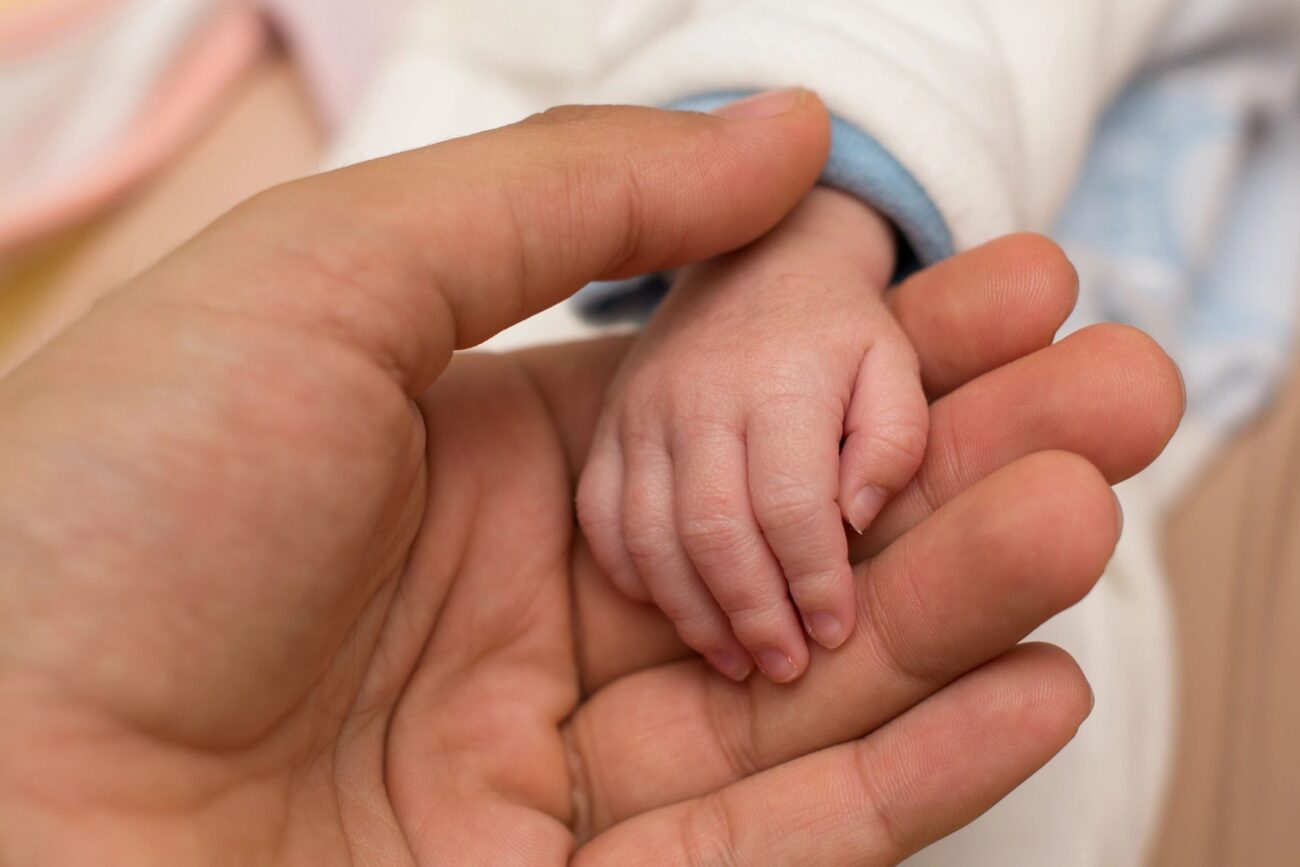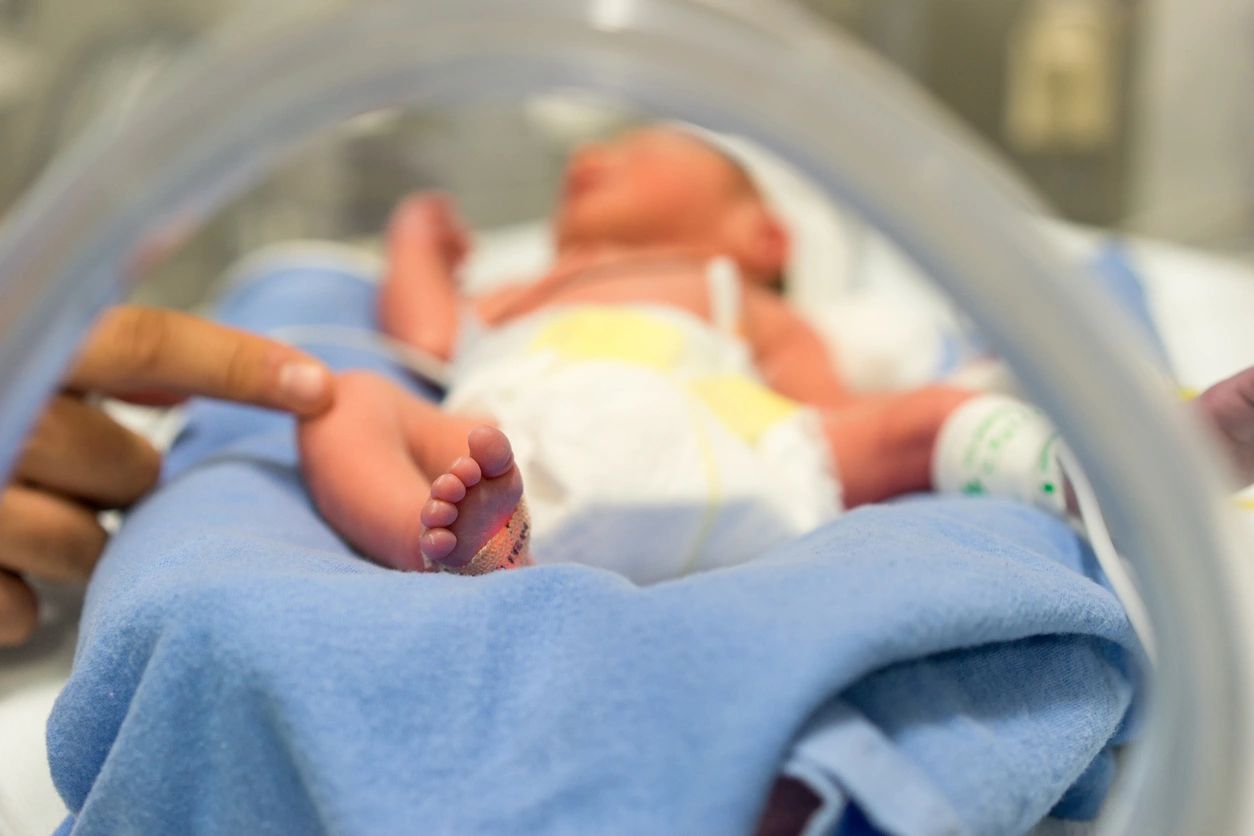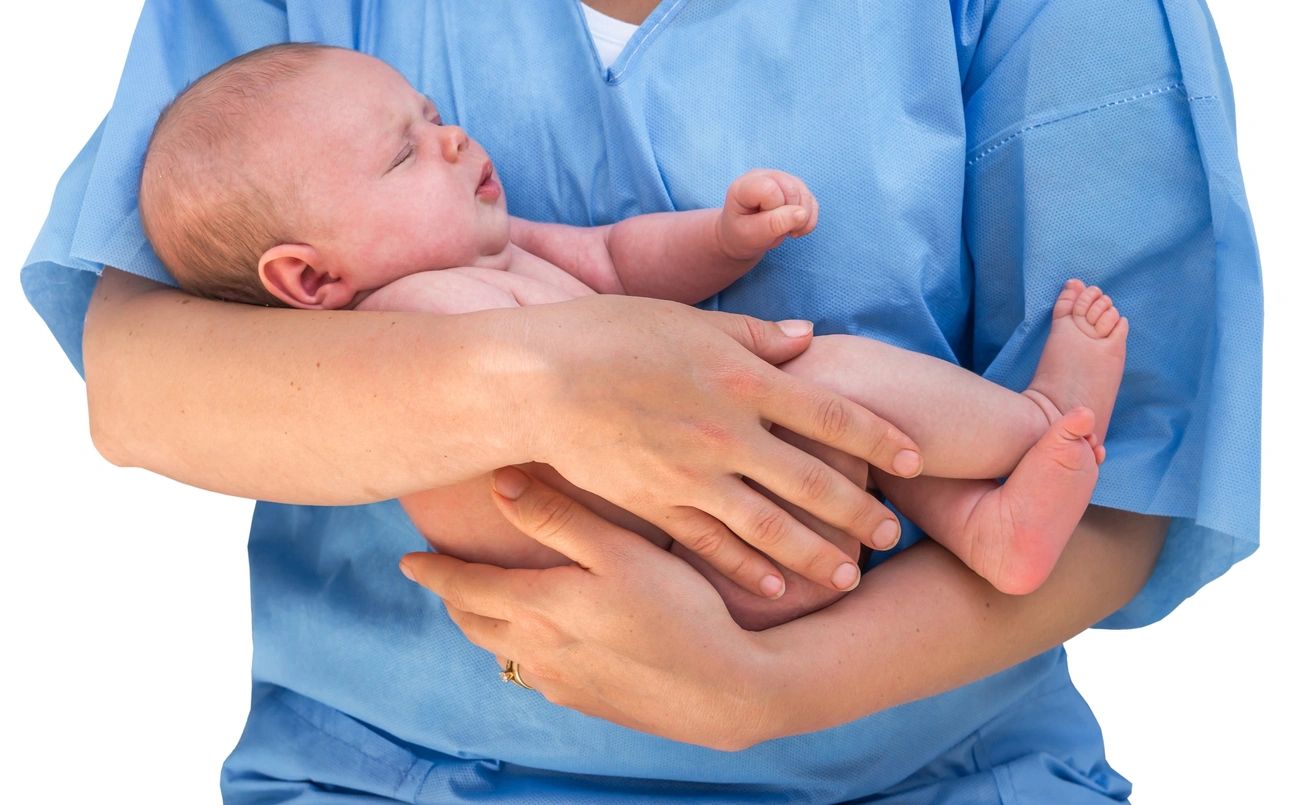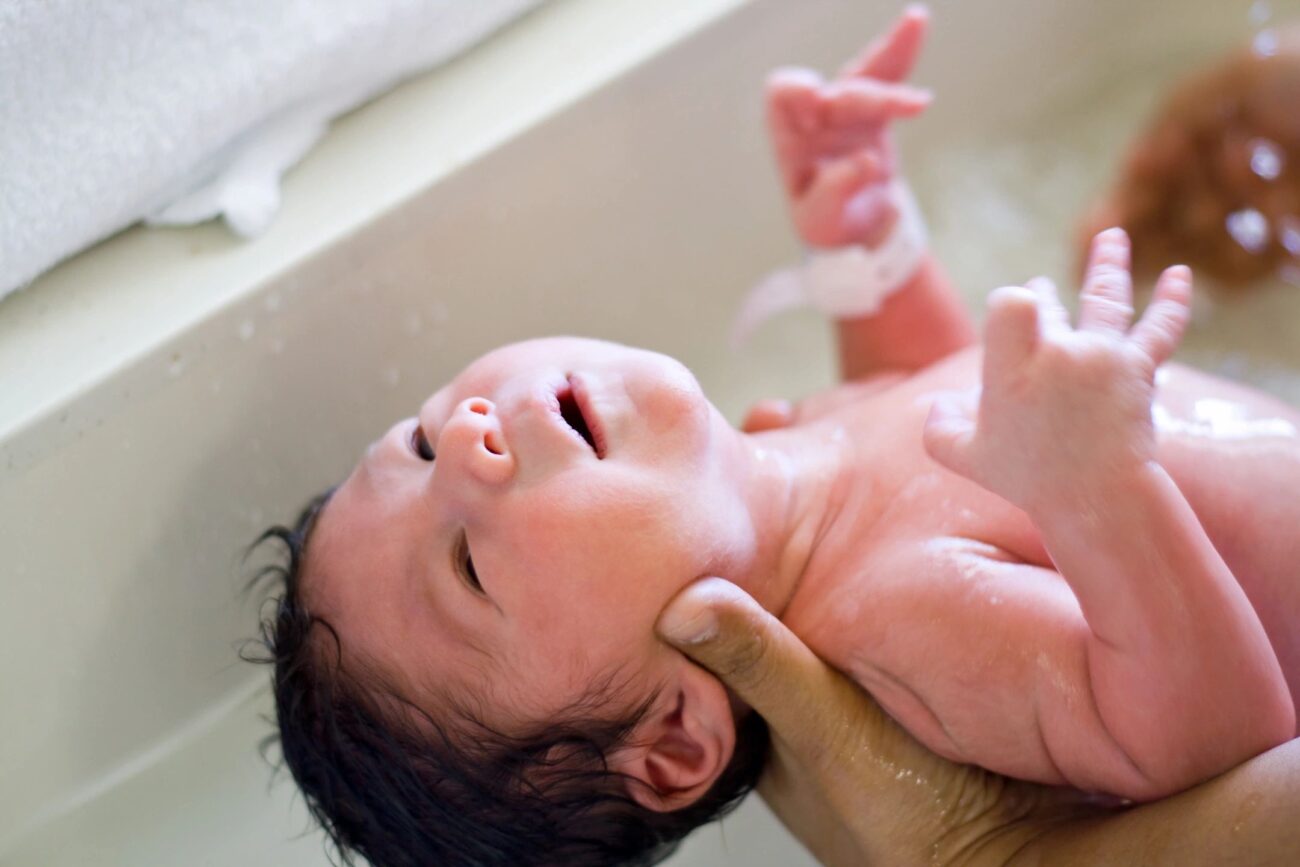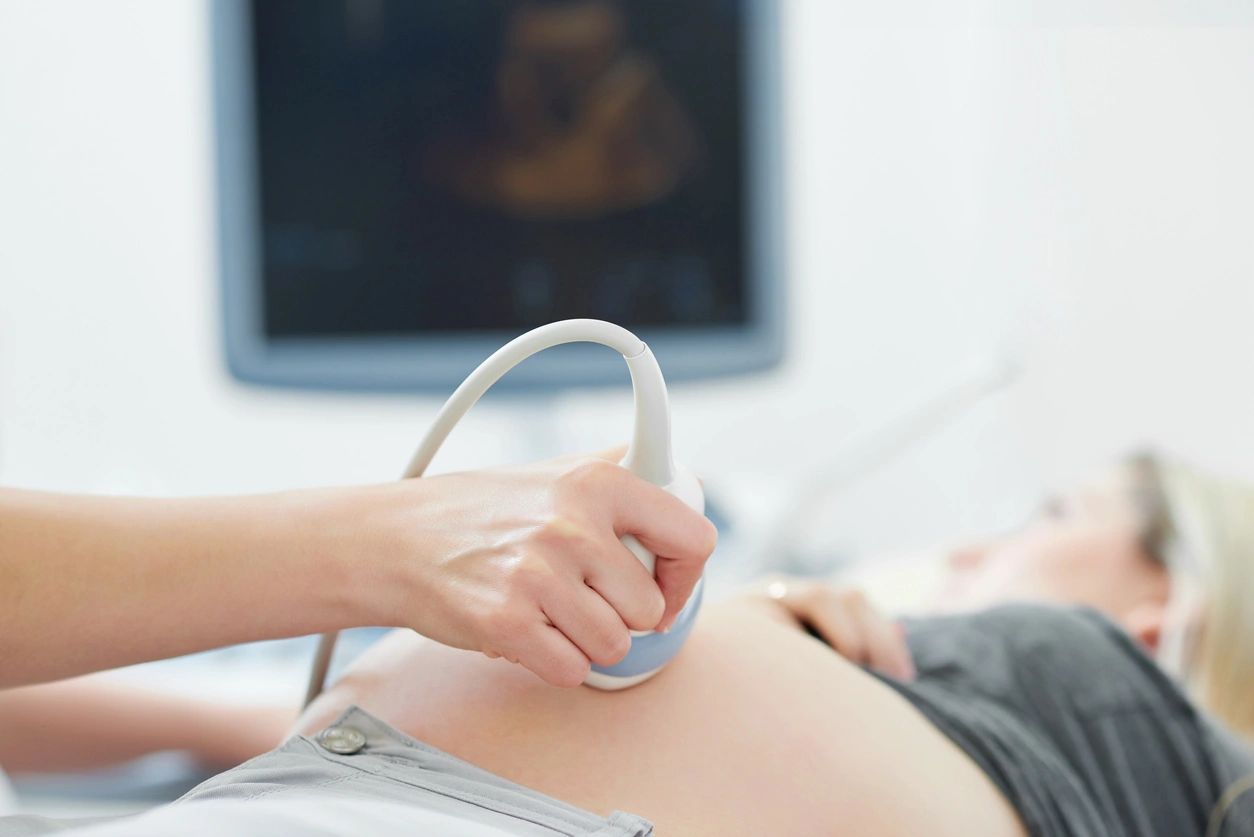Preeclampsia Birth Injuries
Preeclampsia birth injuries include serious complications of pregnancy that can wreak havoc on the lives of mothers, parents, infants, and families. In advanced cases, it can result in organ damage and severe injury to the mother, infant, or both, and can even result in death.1 Preeclampsia can evolve into eclampsia, an emergency situation in which the mother experiences seizures and the fetus must be delivered immediately. The lives of both the mother and infant are at risk in such scenarios. According to the Preeclampsia Foundation, preeclampsia accounts for approximately 20 percent of all premature deliveries.2 Preeclampsia involves multiple organs and systems...
Continue reading



